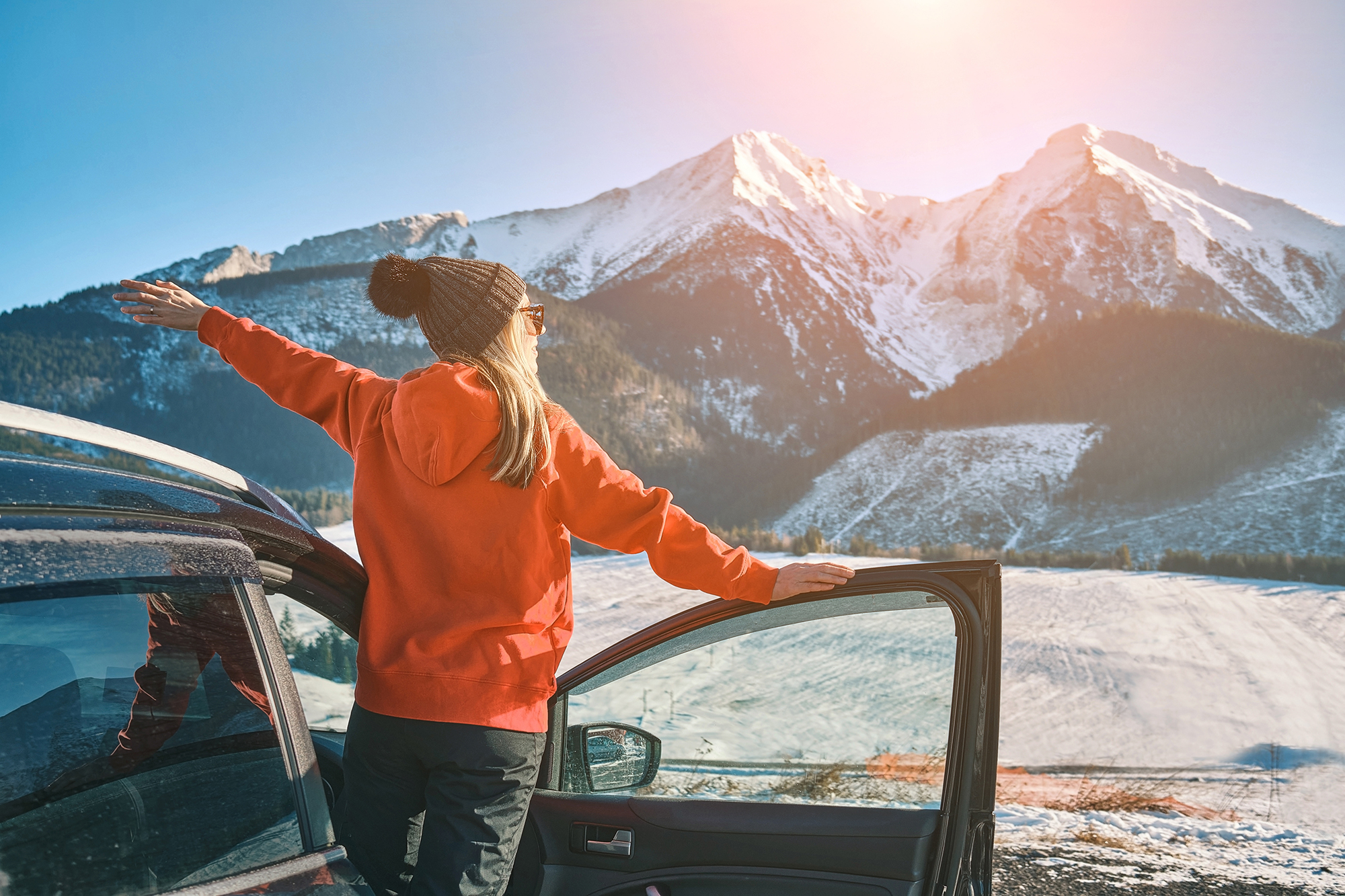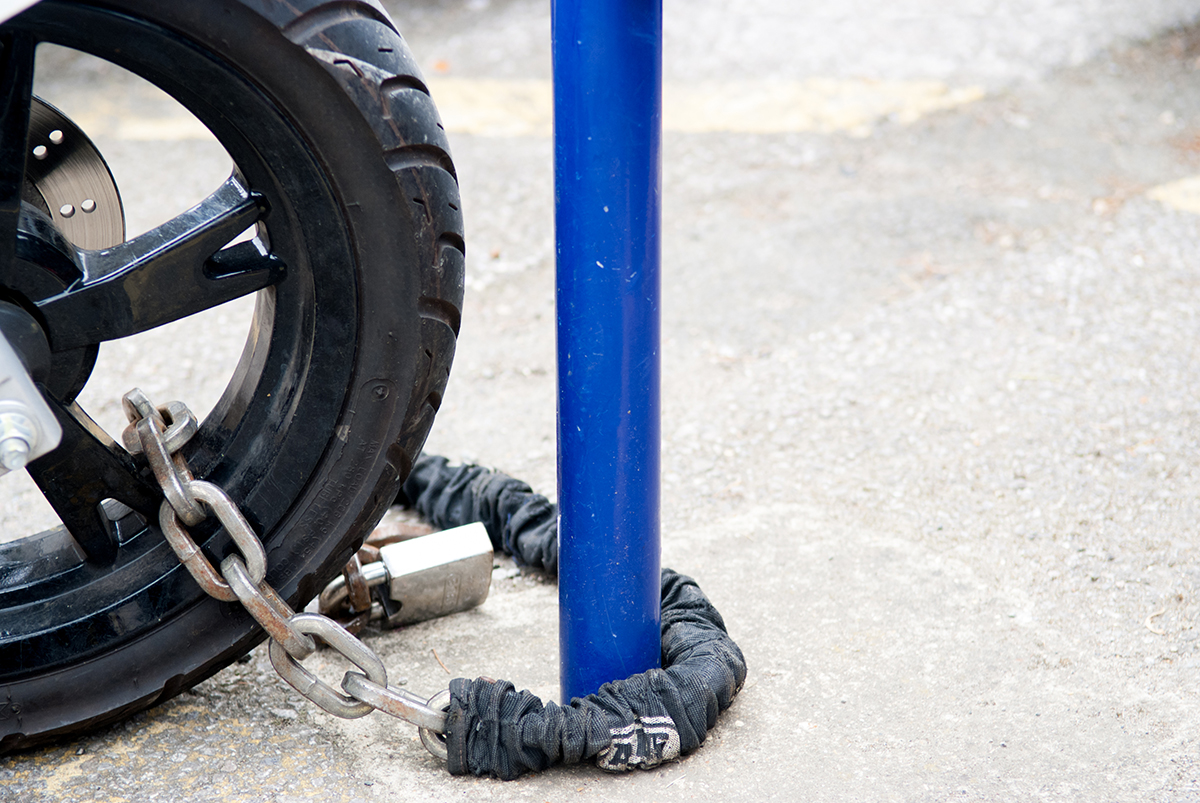However you plan to enjoy the winter wonderland, these outdoor winter safety tips will help you keep things less fearful & more cheerful
Whether you’re flying down slopes, hiking snowy trails, or retreating to a cabin in the woods, there’s something truly magical about the wintertime. It’s like stepping into a snow globe.
But without the right preparation, a holiday adventure can go from merry to scary real fast. So, before you scoop up a snowball or strap your skis on, take a minute to polish up on these winter safety tips.
Winter Safety Tip #1: Gear Up for the Weather
Depending on where your winter adventures take you, you’ll need the right gear to stay warm and safe.
Winter gear includes weatherproof clothing, tools (like space heaters, windshield scrapers, hand warmers, etc.), and activity-specific equipment (goggles for skiing or snowboarding, insulated sleeping bags for camping, etc.).
Before you start your adventure, create a checklist of items based on your holiday plans to ensure you have everything you need for a comfortable trip.
Winter Safety Tip #2: Know Your Terrain
As fun as it is to explore new territory, a holiday camping or hiking trip isn’t exactly a great time to brave new terrain. When temperatures are low and weather conditions can be unpredictable, it’s best not to follow Robert Frost’s advice and stick to the roads more frequently traveled.
That way, in an emergency, you’ll know your way around and potentially have people nearby that can help.
Winter Safety Tip #3: Pack for Emergencies
In addition to the gear from the first winter safety tip, you’ll need to bring an emergency kit if you’re going camping, hiking, or staying somewhere remote, like a cabin in the mountains.
If you get snowed in or lose your way, you’ll need the right supplies to stay fed, hydrated, and warm until you make it out or help arrives. When crafting your emergency kit, use this list of items as a reference, straight from the Centers for Disease Control:
- Enough water and snacks to last a few days
- Cell phone, portable charger, and extra batteries
- Items to stay warm, such as extra hats, coats, mittens, and blankets
- Windshield scraper
- Shovel
- Battery-powered radio with extra batteries
- Flashlight with extra batteries
- First aid kit with any necessary medications and a pocket knife
- Tire chains
- Canned compressed air with sealant for emergency tire repair
- Cat litter or sand to help tires get traction, or road salt to melt ice
- Booster cables with fully charged battery or jumper cables
- Hazard or other reflectors
- Bright colored flag or help signs, emergency distress flag, and/or emergency flares
- Road maps
- Waterproof matches, flint and steel, or a lighter, and a can to melt snow for water
Winter Safety Tip #4: Listen to Your Body
If your winter adventures involve physical activity, like shredding some fresh powder or trekking through the wilderness, don’t ignore your body’s signals.
Stay fueled up and hydrated to maintain your energy levels—even if you don’t feel particularly hungry or thirsty. It can be tough to tell how much water and energy you’ve lost when it’s cold out, so play it safe and snack and drink often.
And whenever your body asks for a break, listen to it. Regular breaks can help you recharge, avoid exhaustion, and even prevent injury. So don’t be afraid to take as many as you need!
Winter Safety Tip #5: Plan for Shorter Days
When you’re planning your holiday activities, don’t forget to account for the shorter winter days. This time of year, night can creep up on you much faster, and you don’t want to get stuck in the dark unprepared.
That’s where your flashlight, headlamps, and, in case of emergency, flares come in.
Winter Safety Tip #6: Get Rapid, GPS-Based Emergency Response With Rescu
If things go south, there’s no better (or faster) way to get help than the Rescu app.
Rescu offers instant GPS-based dispatch anywhere in the United States with just two taps on your smartphone, no talking necessary. So, even if you’re deep in the woods, first responders will know exactly where you are—without the need for a panicked phone call where you have to try and describe where you are.
Plus, when you set up your Rescu account, you can add not only your relevant personal and medical information, but also as many emergency contacts as you like. When you send an alert, the app instantly transmits your information to Rescu’s private, UL-certified dispatch center so responders know how best to care for you when they arrive.
At the same time, it sends a text to all your emergency contacts that includes what service you requested and a link to your current location in maps.
Rescu is the fastest and most effective way to get help in an emergency, making it the perfect safety sidekick for the winter adventurer.
Learn more about the app and how it can elevate your holiday safety plan here. If you’re ready to get started, click below to visit the Apple Store or Google Play!





